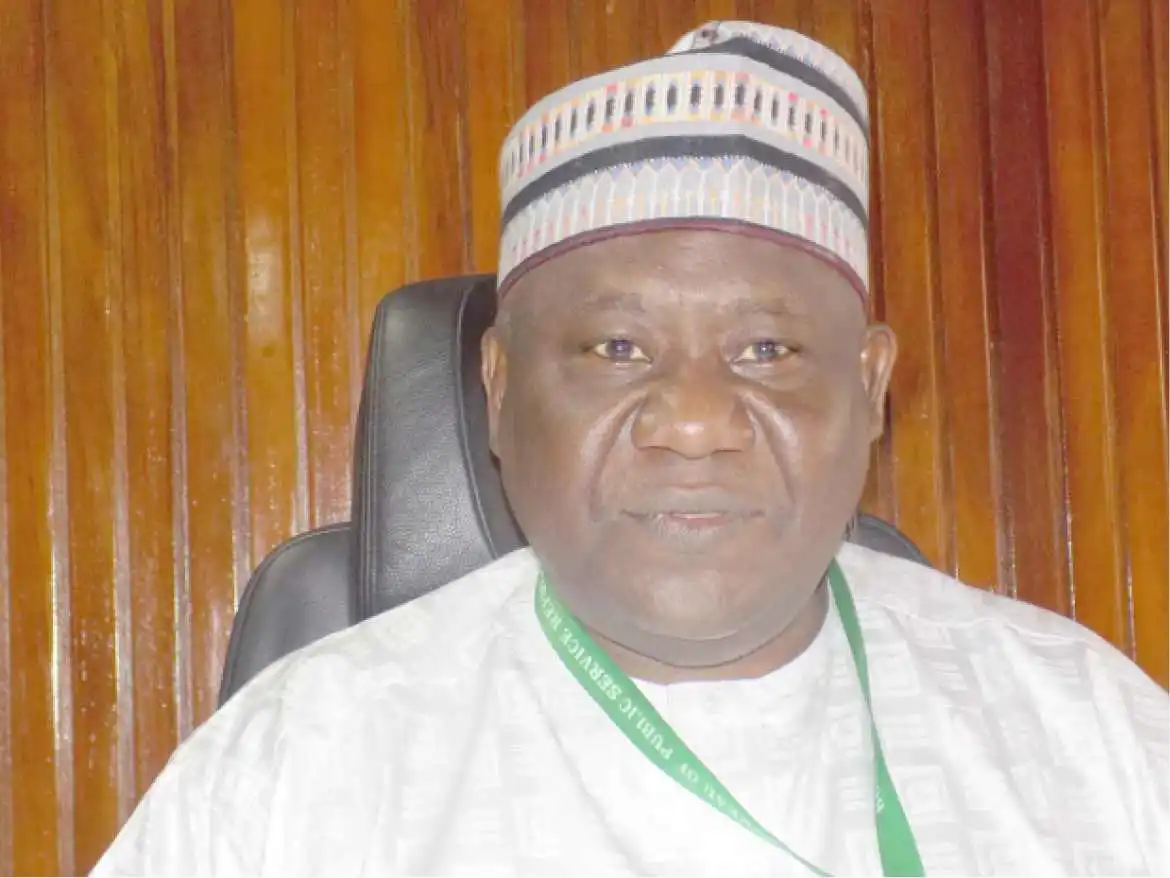The Director General, Bureau of Public Service Reforms (BPSR), Dasuki I. Arabi, has said that citizens are at the center of public service reforms as everything revolves around improving their live’s quality, either directly or indirectly.
He said the bureau has the sole responsibility of ensuring transparency and accountability in government, most especially on issues that concern public finance and general people’s welfare improvement.
The DG made this known in his presentation at the 2022 CX Africa Summit titled: “The bigger picture: Citizen experience and public service reforms in Nigeria.”
According to him, the purpose of the government is to improve the quality of lives of people and that public service is the only contract that people have with the government, and provide security safety for them.
“The relationship between public service and citizens is that states provide services to people and citizens are supposed to pay their taxes. Kinds of services offered include civic services such as water supply, human development services, basic minimum services and welfare services.
“In general parlance citizens’ engagement connotes the two-way interaction between citizens and governments. This approach gives citizens a stake in decision-making to improve the intermediate and final development outcomes in Public Policy and programmes,” he said.
Arabi also explained that some of the citizens engagement mechanisms adopted by the bureau in reforming Nigeria’s public service include: public hearing, citizen’s interactive portal, internet accessibility and digitalisation, freedom of information, principle of Open Government Partnership (OGP), town hall meetings, perception surveys/impact assessment, Lunch Time Seminar and Self Assessment Tools (SAT).
Also, the DG said to improve service delivery to citizens, BPSR said the Performance Management System (PMS) has the potential of upgrading the quality of service through so many features.
He said, “Some of these features include: aligning all job schedules to Federal Government agenda, giving specific job schedule to each and every civil servant, specifying job schedule to a post and not to an individual and having an objective for every task performed, introduction of Key Performance Indicators (KPIs) and timelines which will reduce bias in performance rating, using performance as basis for promotion and reducing human interface in the appraisal process when automated.
“Specifically, some of our reforms achievements include: Monitoring & Evaluation Framework, Signing of various international treaties on Anti corruption, Taxation/ Pension Reforms, Enacting the Asset Declaration Legislation, FOIA 2011 Act, WhistleBlowers Policy, NDIC legislation, Customs and Excise Duties Reforms, Public Finance Act, GIFMIS, IPPIS, IPSAS & TSA and Forfeiture of illegally acquired assets,” he added.
Arabi also said when implementing digital services, the government can meet challenges related to internal risk aversion and user adoption, but these challenges can be easily overcome and quickly replaced by benefits, which includes better online user experience for citizens, increased public participation, improved internal efficiency and productivity.
Others include less burden on IT (when delivered with cloud-based technologies), better collaboration between citizens and government, reduced labor costs and is more innovative.


